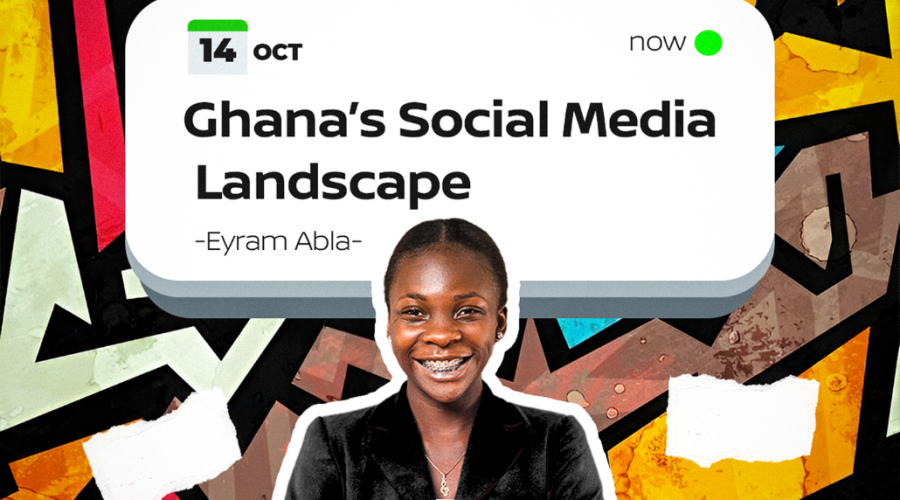Public Relations has long been the cornerstone of how organizations communicate and build relationships with their audiences. However, in today’s fast-paced and interconnected world, the landscape of PR is undergoing profound transformations. From the rise of social media to the growing influence of artificial intelligence, the future of PR promises both unprecedented challenges and exciting opportunities.
As we look to the future, it’s essential to consider how these changes will impact the role of public relations professionals and the strategies they employ.
Digitalization and Social Media
The rise of digital media has revolutionized the way we communicate. Social media platforms, in particular, have become indispensable tools for PR professionals. They offer unique opportunities for engagement, crisis management, and brand building. However, they also present challenges, such as the need for real-time response, the blurring of personal and professional boundaries, and the constant evolution of algorithms.
PR professionals need to be even more proficient at navigating these digital landscapes, leveraging data analytics, and creating content that resonates with diverse audiences.
The Role of Artificial Intelligence:
Artificial Intelligence (AI) is poised to transform the field of PR in profound ways. From automated content generation to predictive analytics, AI technologies offer new opportunities for efficiency, creativity, and innovation.
AI-powered tools streamline routine tasks such as media monitoring, trend analysis, and audience segmentation, allowing PR professionals to focus on high-level strategy and creative storytelling. However, as AI becomes more integrated into PR practices, ethical considerations around data privacy, bias, and transparency will need to be carefully navigated.
Diversity, Equity, and Inclusion
The PR industry has historically struggled with diversity, equity, and inclusion. As society becomes more aware of these issues, PR professionals must prioritize representation, empathy, and cultural competence. This includes promoting diverse voices, addressing systemic inequalities, and creating inclusive messaging that resonates with diverse audiences.
PR professionals will need to be champions of DEI, actively working to dismantle barriers and create a more just and equitable society.
Crisis Communications
Crisis communications will continue to play a critical role in PR. As the speed and reach of information increase, so too does the potential for reputational damage. PR professionals must be prepared to respond swiftly, empathetically, and transparently in times of crisis.
The need to be adept at anticipating and mitigating crises, leveraging technology for rapid response, and prioritizing empathy and compassion in communications has never been more vital.
Conclusion
As we look to the future, one thing is clear: the public relations profession will be shaped by the changing world around us. PR professionals must be adaptable, innovative, and committed to ethical practices. By embracing these changes and prioritizing transparency, trust, diversity, and crisis preparedness, we can build a future where public relations plays a fundamental role in fostering a more just, equitable, and connected society.
With this foundation in mind, as we prepare for this year’s World PR Day Festival in Ghana, Global Media Alliance is dedicated to hosting events centered around AI and sustainability. Our aim is to enhance the capacity of PR professionals and equip them with the necessary skills and knowledge to thrive in the evolving landscape of the industry.
Article by Asantewaa Osafo, PR Executive- Global Media Alliance




